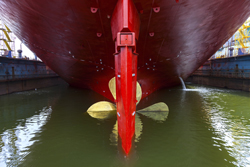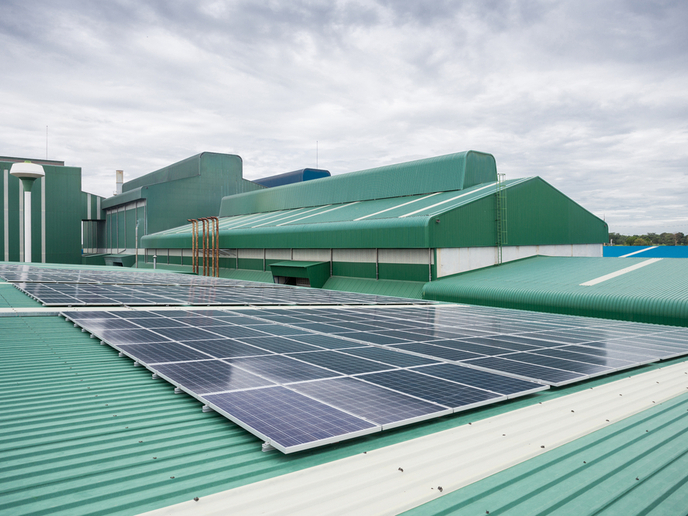New energy-efficient ship propulsion
A number of new energy-efficient propeller designs have emerged in the last few years, such as pod propulsors, contracted and loaded tip (CLT) propellers, and counter-rotating propeller (CRP) technologies. All of these reduce energy waste, but they have never been combined in a single propulsion package. The EU-funded 'Triple energy saving by use of CRP, CLT and podded propulsion' (TRIPOD)(opens in new window) project aimed to combine these innovations into a unified energy-efficient propulsion concept. Researchers designed and conducted model tests in a water basin for several propulsion units incorporating all three technologies, both for new ships and for retrofitting old vessels. Based on the TRIPOD project results, the fuel consumption after retrofitting existing ships with the new propulsion concept is 5% lower, and that for new vessels 10% lower, than conventional solutions. Special procedures for estimation of actual ship performance based on model tests experiments were further adapted for such complex scenario. Several modelling and analytical tools were developed in the course of the project. These included a more accurate way of computing the interaction flow among the different propulsion components and a new analysis tool to estimate the propulsion efficiency of the system for various types of ships. In addition, a cost-to-benefit analysis for the TRIPOD unit was conducted. Different combinations of pairs of conventional and CLT propellers were studied. The best efficiency was obtained with a pair of CLT propellers. Study of the viability of the new propulsion solutions is made also by performing economical cost benefit analysis for the operation of the reference ships. The payback times are about 7 years. Ship owners like MAERSK who participated in the project stated their interest in the technology. It was concluded that if the investment level can be brought down, obviously in close cooperation with the relevant specialist suppliers, ship-owners will be interested in exploring further installation opportunities, especially in new-building projects of large container ships. ABB a leading manufacturer of these solutions is continuing its efforts to make these solutions available on the market. Once implemented, the TRIPOD propulsion system will lead to major energy savings, and thus lower engine emissions. The project also produced useful design tools, and will stimulate an overall improvement in the competitiveness of the industry.







